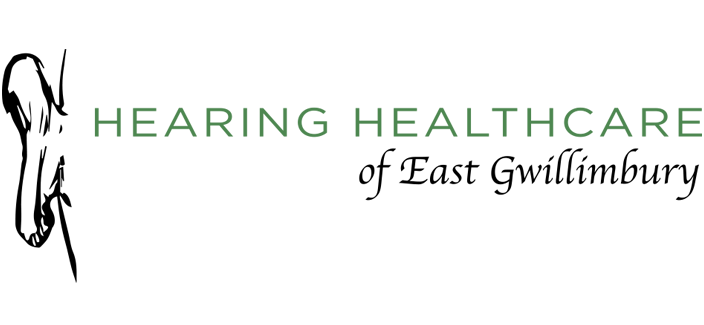Communication Strategies

Grab their attention! When speaking, look at people directly. This can help the person you are speaking to gather visual cues from your expressions and the movement of your mouth.
People with hearing loss can have trouble blocking out background noise. Turn off the television, dishwashers, or stereos while talking with others. Choose quiet restaurants and meeting places to chat.
If you are having trouble hearing someone, ask that person to speak SLOWLY and CLEARLY. Most people are happy to slow down, so that you can understand them. Alternatively, ask people to repeat themselves in another way. Changing some of the words in a sentence may get the message across more readily.
Don’t interrupt when someone is speaking. The flow of a conversation may help you grasp the meaning of what’s being said, even if you don’t catch every word.
There are many different types of listening devices that can help people with hearing loss. Some are simple, such as telephones with louder volume settings, or headphones that can be connected to your TV. Please see our Assistive Listening Devices section found under the Services tab for more information.
Research has demonstrated that there are many secondary impacts of hearing loss. People who do not get treated for hearing loss can become isolated, withdraw from conversations, and this may lead to symptoms of depression and anxiety. If you are experiencing any of the signs of hearing loss, it is very important to get treated and avoid these repercussions!
